A supermarket is a place where you can get almost anything your heart desires. And your heart would desire a lot, with all the marketing put into today’s products. But which are worth the price you pay for them, and which are just a waste of money? Let’s explore that here.
Bottled Water

While many bottled water brands have a lot of technical terms on them, they’re just tap water, bottled to give you the impression that it’s better water. In truth, many companies selling you bottled water just fill the water from the tap without any added processing.
Even the fancy bottled water isn’t worth it. Why would you spend so much money on imported water when you can get decent water from your own taps? Bottled water is only worth it if the water supply in your town or city is polluted beyond usability.
Gourmet Coffee

It might pain many people to hear this, but it needs to be said – gourmet coffee isn’t any better than the brands you get locally. In fact, some imported coffee might actually be worse, even though the taste may be better than the regular, budget brands.
Imported coffee tends to have a particular place in society as a better alternative to our regular brands, but some coffee beans come from questionable sources. Even if the quality is the same and verifiable, the extra taxes paid to bring in gourmet imported coffee make it not worth the price.
Out-Of-Season Produce
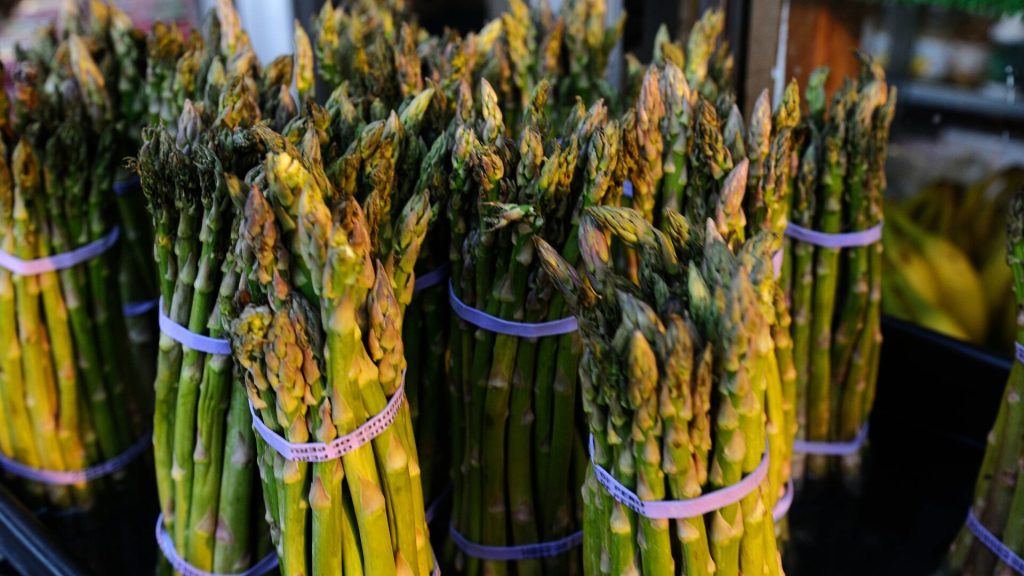
Have you ever tried buying asparagus in the supermarket when it’s out of season? The price might make you do a double-take. Asparagus only grows part of the year, and the other part we import from countries like Peru, meaning extra taxes and tariffs on the asparagus.
Instead of buying out-of-season produce, consider what’s in season since those items are likely to be much cheaper. If you’re craving out-of-season blueberries or some other fruit, you should remind yourself how much cheaper it is to get these when they’re in season.
Spices
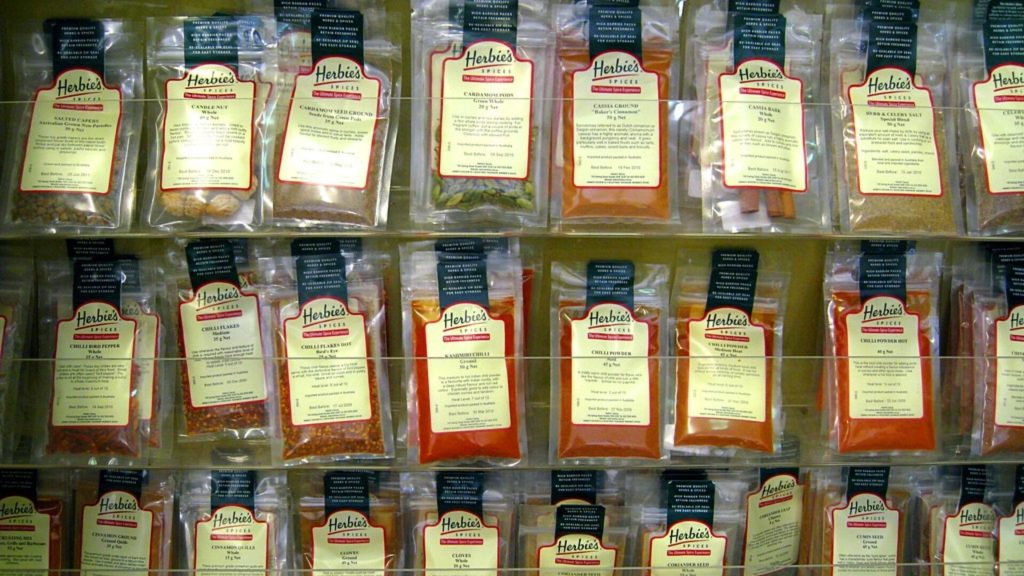
Most of us have loads of spices inside our cabinets, some of which we rarely ever use. However, buying spices off the racks in the supermarket might set you back significantly when you add it all up. Spending so much extra for something you can get cheaper is not worth it.
Most grocery stores offer you the same spices, sometimes in larger volumes, for less than half the price. This makes buying spices in the supermarket a fool’s errand. If you compare per-gram values, the grocery store’s prices are far more worthwhile than the supermarket’s.
Energy Drinks
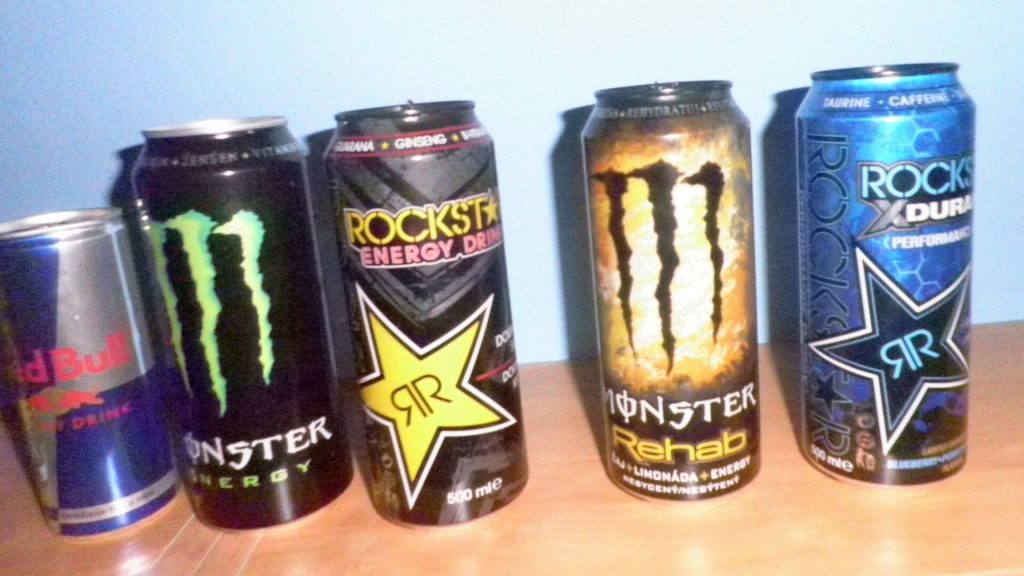
When you need a sudden boost of energy, an energy drink might be just what you need. However, are they really worth it? When you look at the caffeine content of the typical energy drink, they aren’t much more than a cup of coffee.
Energy drinks may taste better than coffee in some cases. The potent energy drinks with more caffeine than coffee tend to taste a lot worse. Why would you waste money buying an energy drink that offers the same benefits as a coffee that will cost you less?
Frozen French Fries

Most people buy frozen French fries because they’ll save a few minutes of prep when hungry. But are these frozen French fries even worth the money you spend on them? Let’s consider that making fries with your potatoes will probably take you an extra ten minutes.
Looking at that ten-minute gain, is it really worth it to pay four or five times the cost of the actual potatoes for that time-saving? It’s better to spend that time cutting your potatoes yourself than wasting the money buying the ready-cut potatoes at the supermarket.
Organic Produce
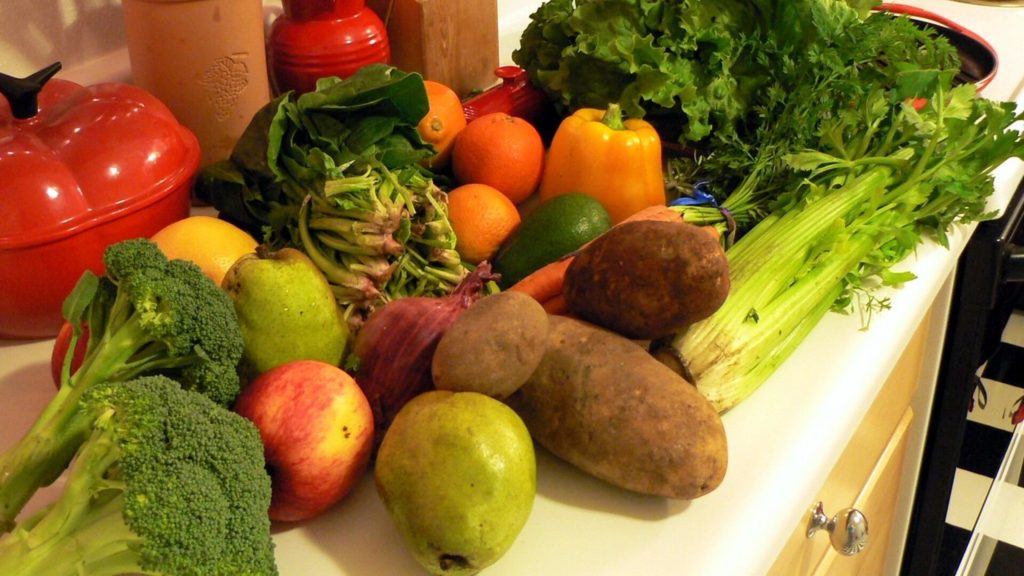
We’ve been bombarded with marketing that tells us that organic food is better, but is it really? Scientific literature has shown in several studies that there’s no nutritional difference between regular produce and organic produce. Yet the organic label commands a much higher price.
Organic foods have fewer pesticides than non-organic stuff, but neither has enough pesticides to cause ill effects in your body. So, while you might think your organic corn is miles better than the regular stuff, it’s not, and paying extra for nothing is wasting your money.
Pet Food
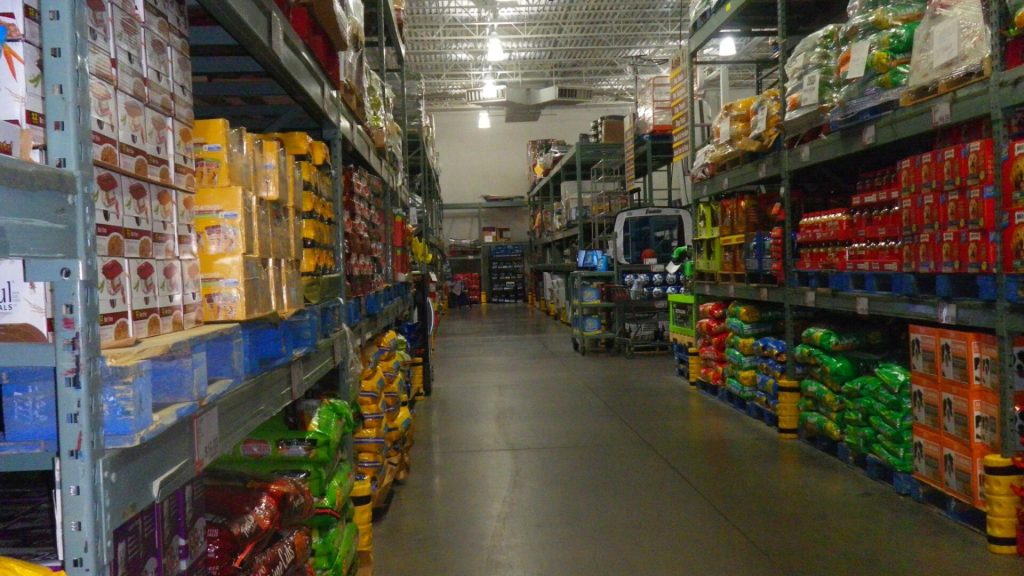
You want what’s best for your pet, and many people consider that store-bought pet food has everything a pet needs to grow up healthy and strong. This isn’t always the case, as there have been several high-profile recalls of store-brand pet food.
Many of these pet food brands in supermarkets have fillers like corn and non-nutritious parts of meat (waste pieces) making up the bulk of the food. Your local grocery may have more nutritious pet food for a fraction of what you’d pay in a supermarket.
Individual Servings
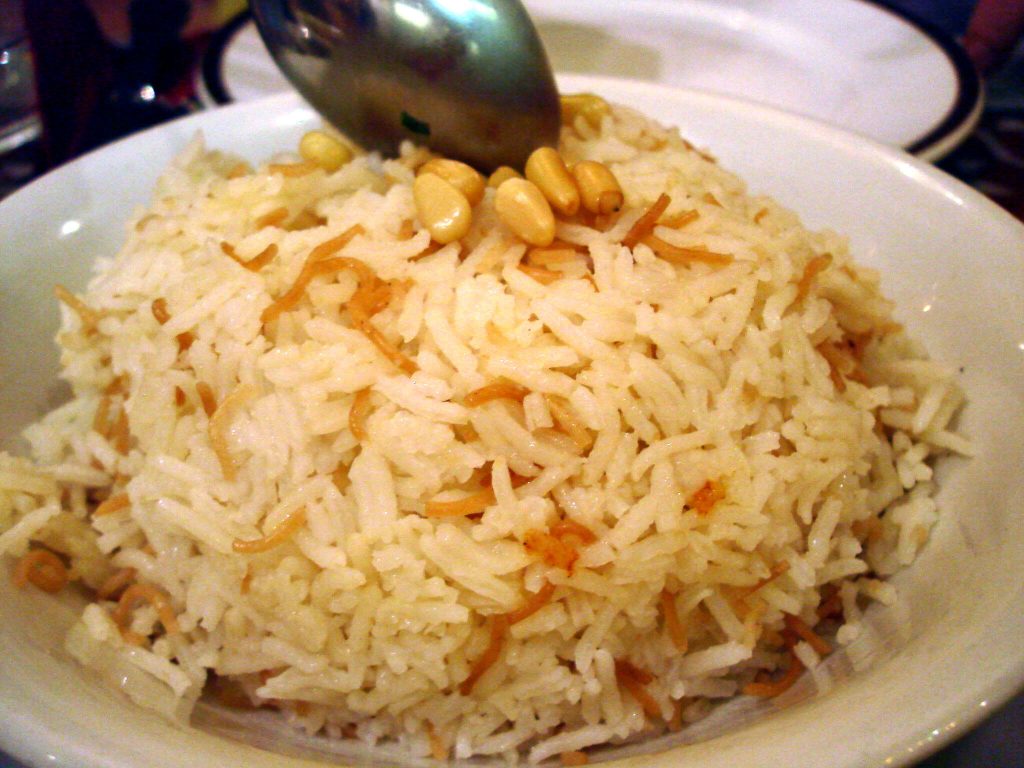
Supermarkets package out some of their stuff into individual servings. It’s not uncommon to run into a few single-serve packs of rice or even mac-and-cheese in the aisles. Yet when you compare the volume of those packages to a bulk-buy package, you realize you’re overspending.
Consider buying the staple in a large, unseparated container that you usually purchase in single-serve packs and portioning it yourself. It might take you a little bit more time, but the money you save doing so is more than worth the effort of splitting up your purchase into single-serve packs.
Microwave Popcorn
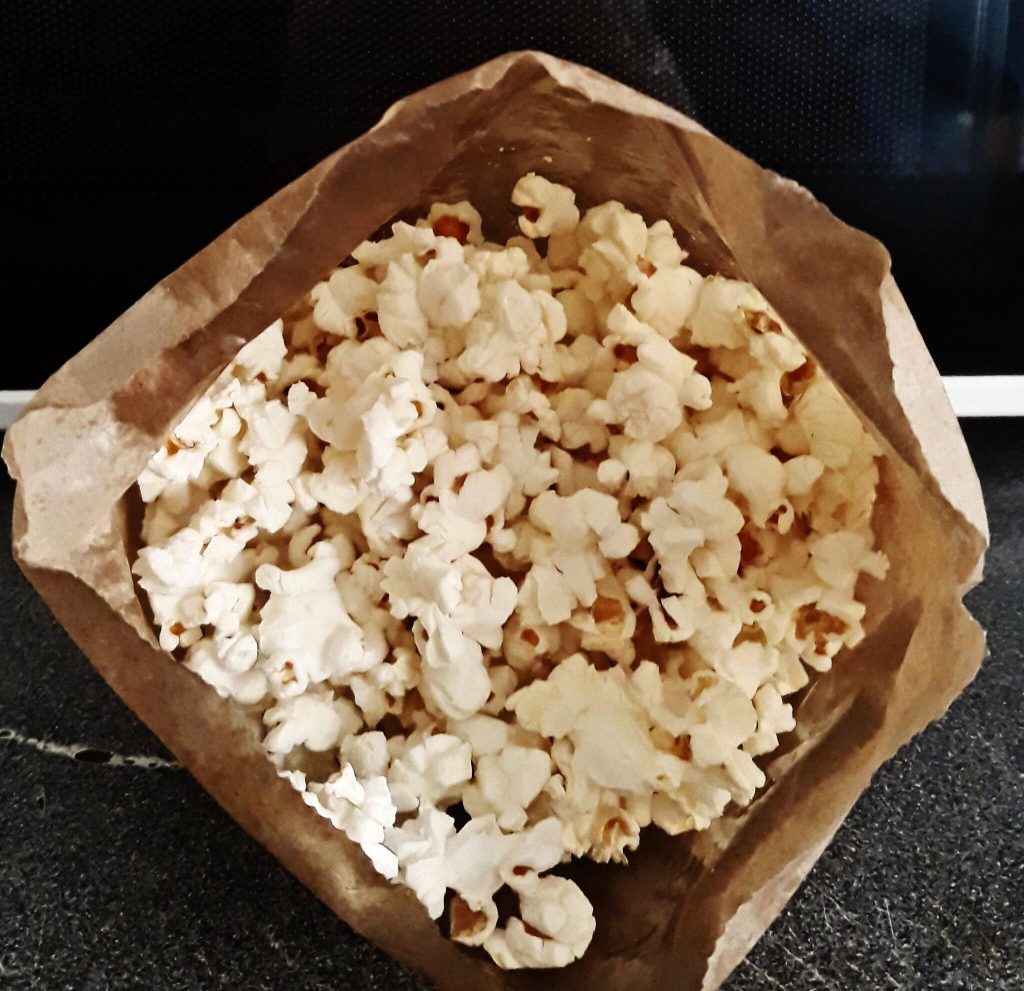
As with most supermarket items, you’re paying a premium for convenience here. These popcorn bags come with oil, salt, and butter already added, making for a complete experience in a bag. However, the price you pay for a bag of microwaveable popcorn is ridiculous.
If you compare the price of these bags to the price of a single bag of regular popcorn, you’ll realize that there’s a vast difference. You’re paying more and getting less in a box of microwaveable popcorn bags. You’re far better off saving money and buying the popcorn as a bulk item.
Name-Brand Cereal

Cereal companies rely on brand recognition for most of their sales. However, spending so much on cereal is a waste of your resources. Generic brands can cost a fraction of the price and still deliver the very same value. Look at the individual prices on the boxes, and you’ll see.
Most people buy brand-name cereal because they’ve convinced themselves they’re getting a higher quality product. Yet scientific studies have shown that there’s little difference between the brands. In fact, many of the same companies that produce brand-name cereals also do the store brands.
Seasonal Non-Food Items

If you’re standing in line at the supermarket and see something you would pick up elsewhere, you might decide to just spend the money now and get the item. That’s probably not a sound financial decision, as seasonal items tend to be overpriced at supermarkets.
Moreover, these items’ supermarket displays are designed to look amazing. Yet, they tend to have a very short actual life when installed. If you’re looking for something worth your money for a particular season, you won’t find it in a supermarket.
Marinara Sauce

Making sauces is a skill in itself, and since most people can just buy the sauces, they don’t bother to spend five minutes or so making them. But is that five-minute investment worth the extra you’re paying for store-bought marinara with all its preservatives?
A can of crushed tomatoes makes the base for any marinara sauce, and this can will cost a fraction of the price of the sauce. When you add up the dash of spices and oil, you’ll need to make your own dipping sauce; the marinara loses all attraction because of the price.
Precut Meats
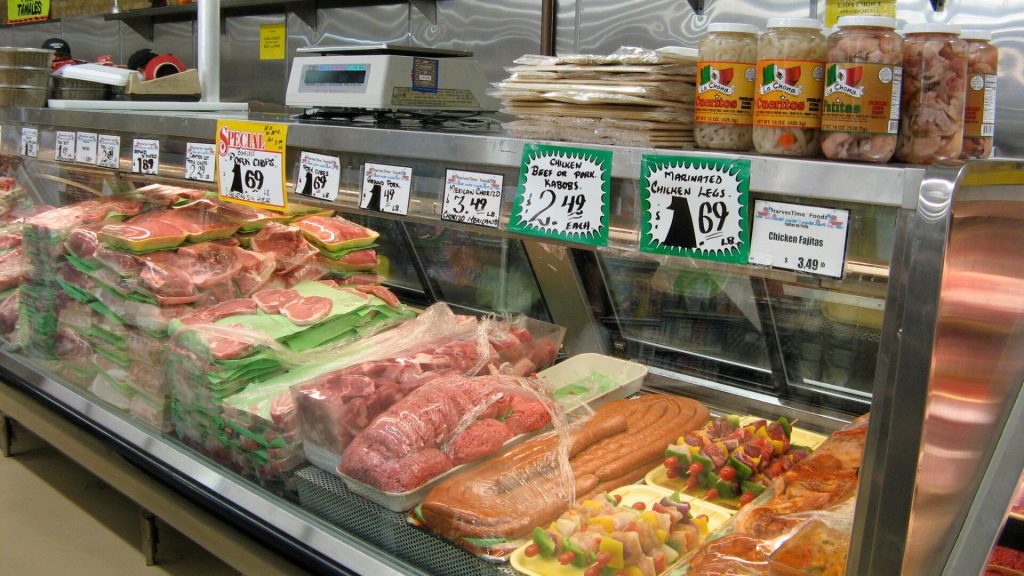
Most supermarkets have a butchery section, but instead of dealing with an actual butcher, most people just head over to the precut meats section. These frozen meats are already cut, saving you all over ten minutes doing your own cutting, but the price is massively more than getting an uncut piece of meat.
The key to figuring out how much you’re paying for cut meats is to look at the cost per kilo or pound on the sticker. Compare that to how much you’re paying at the butcher’s station, and you quickly realize you’re wasting your money on something you could do yourself.
Don’t Let Convenience Steal Your Money
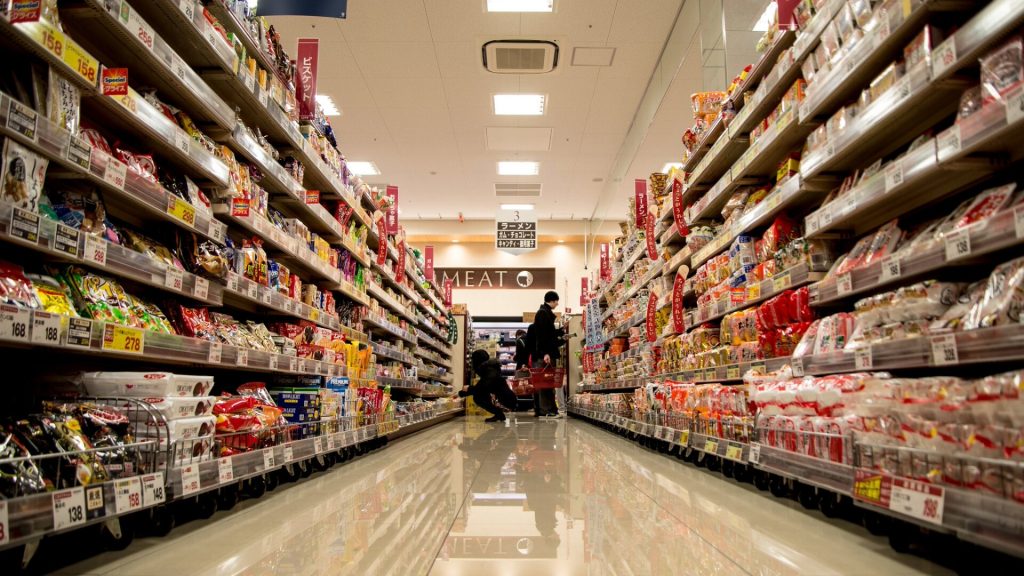
Supermarkets have an excellent premise – giving you everything you need to buy in one place. However, the hidden cost of that convenience is that you probably will end up paying more per item. And the “little extra” here and here adds up quickly.
You don’t HAVE to buy these items at a supermarket. You could quickly get most of your shopping done between a grocery store, hardware, and a few other places. You might even convince yourself it’s worth it for the savings in gas money. We’re here to tell you it certainly isn’t.






